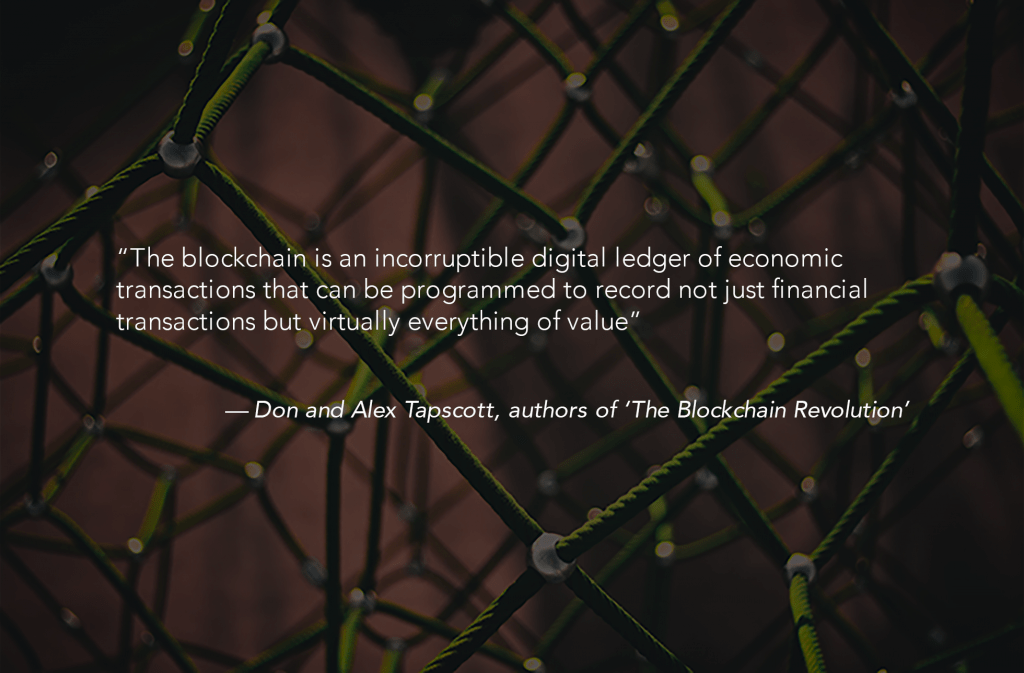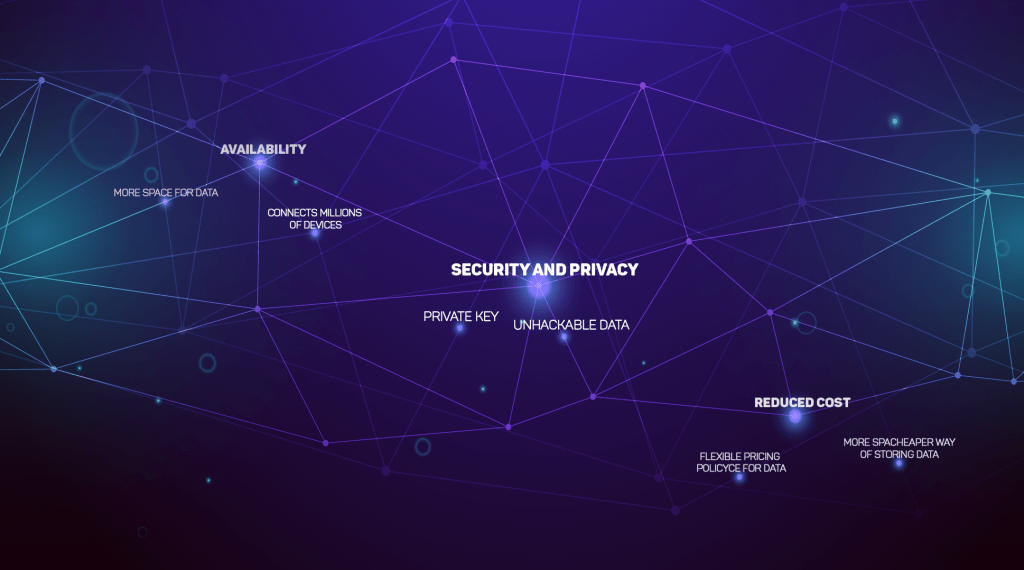“It’s a matter of moments, not years,” said Al Burgio, a founder of the DigitalBits Project, Fusechain Inc., and Console Connect Inc. “If you’re not paying attention, you need to be paying attention, including if you’re in the cloud industry.”
Today, we can see how much hype is building around the concept of blockchain technology. Probably everyone has heard that blockchain technology will revolutionize… the banking industry. But do not jump to conclusions – the next goal of the blockchain takeover is cloud computing.
It is not surprising as with all these scandals over data breaches during the last two years involving Facebook and Google, the public is heavily concerned about having corporate and personal information secured.
Companies invest a massive amount of money in advertising, trying to convince customers and shareholders of their reliability and trustworthiness. Unfortunately, so far, it has not always been productive or yielded positive results. The solution to the problem, according to Softengi, lies in blockchain-powered technologies.
Blockchain: The New Technology of Trust

Blockchain is a shared, immutable ledger providing digital information that is available to all users of the network. In essence, it is a distributed data system that anyone can join or leave at will.
One of the major advantages of blockchain technology is security. All information is encrypted and stored in a blockchain-based ledger that cannot be altered or hacked as it is managed by a cluster of computers.
To cut a long story short, in theory, if someone wants to break into the system, he/she will have to work backward, hacking every checkbook till finding the right one containing the needed information. To alter this information, the intruder has to find every single copy of this register and change it, which is obviously impossible.
What is Cloud Computing? How Does It Work?
The emergence of cloud computing has brought about a real revolution in saving, storing, and accessing data. Users do not have to store their files on private servers anymore.
In essence, cloud computing is a virtual space that connects people all over the world. Using the cloud, users can share resources, software, and data all over the Internet.
Information is stored on a virtual server, which is maintained by a computing service provider. In order to store, access, or download data from the cloud, the users have to pay computing service providers on an as-needed or pay-per-use basis.
The cloud storage market is estimated to reach $89 billion by 2022, starting from $31 billion in 2017. The top 5 cloud storage vendors are Microsoft, Amazon, IBM, and SAP, with Oracle and Google close after.
Decentralizing the Cloud
Today, cloud storage is run mostly by companies that control it centrally. By contrast, decentralized cloud storage offers a system that stores files on multiple computers and servers without having to rely on large, centralized silos of data. The files are split into small data chunks and then distributed globally across many nodes, making it an easily accessible and inexpensive solution. Because blockchain cloud storage is decentralized, there is no centralized governing body that has full control of all the data.
Advantages of a Decentralized Cloud Storage

Security and Privacy
The first things associated with blockchain are security and privacy. On a decentralized cloud network, all the data are split and spread across multiple nodes, making it unhackable and unbreakable. Besides, to add an extra security level, the blockchain encrypts the data with a private key, so only users with access can enter the storage.
Integration of blockchain in cloud computing will allow the public to avoid such things as censorship and corporate fraud, which they can meet while using cloud networks administered by cloud storage vendors.
Availability
Compared to centralized data storage, a blockchain cloud network connects not just 100 or 1000 computers but millions. This means that more space for data storage is available than what is offered by traditional centralized cloud systems.
Reduced cost
Compared with traditional centralized cloud storage, the blockchain solution provides a cheaper way of storing data. Providers like Amazon offer their cloud computing services at about $25/ terabyte per month. However, the price is significantly higher for less than terabyte space, making it for many companies and individuals not cost-effective.
In this case, blockchain storage is a preferable option. Since blockchain stores data by using extra space in network computers, the pricing policy is more flexible. Additionally, unlike centralized cloud storages, blockchain systems do not require a third party to maintain and control operational processes, which also leads to a reduction in price.
By using traditional cloud storage, a user has to pay for the space needed in proportion to the extent of access to the data. By contrast, with the blockchain solution, users pay only for access to storage and downloading the needed data. For this reason, blockchain storage is more financially beneficial than centralized cloud storage.
Companies Working with Blockchain
Understanding the promise of blockchain-powered technologies, many major companies have started to operate in the blockchain cloud storage industry in order to provide customers with additional storage for their computers. Maidsafe, Storj, and Sia were among the first to implement blockchain technology in their decentralized cloud storage platforms.
Siacoin
Siacon, shortly Sia, is one of the leading decentralized cloud storage platforms. Sia’s customers can reap benefits from accessing encrypted storage through the company’s platform, making all the data verifiable by using the blockchain public ledger.
According to Sia: “Sia, which provides decentralized cloud storage, charges only 10% of the price asked by the incumbent cloud storage providers. The price for storing 1 TB of files on Sia is only $2 per month, compared to $23 on Amazon S3.”
Storj
The Storj cloud platform offers clients to rent its decentralized storage built on the Ethereum network. This platform allows users to store and share data that are fully encrypted, so only authorized users can get access to their private information.
This platform ensures that getting access to encrypted files is allowed only to authorized users who have to use their private keys to validate ownership.
Maidsafe
The Maidsafe platform encrypts users’ data with their private keys, ensuring the total safety of their files against unauthorized access.
Final Word…
As blockchain technologies are continually advancing, there is no doubt that more blockchain solutions to cloud computing will come up in the nearest future. The world is moving rapidly to decentralized cloud computing, whose advantages are clear: improved security, reduced cost, and more reliable and consistent uptime. Everyone, from individuals to giant corporations, can benefit from the potential of blockchain cloud storage. As blockchain utilizes pre-existing servers, a decentralized platform does not need huge investment, enabling users and organizations to save money and effort.





